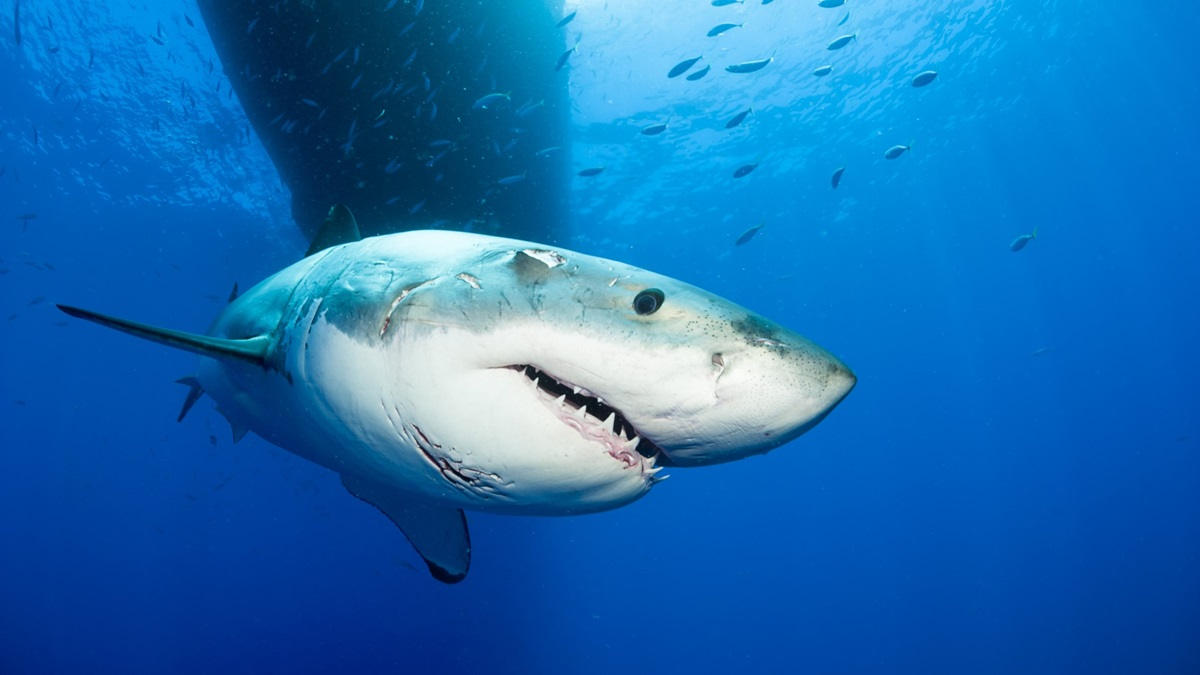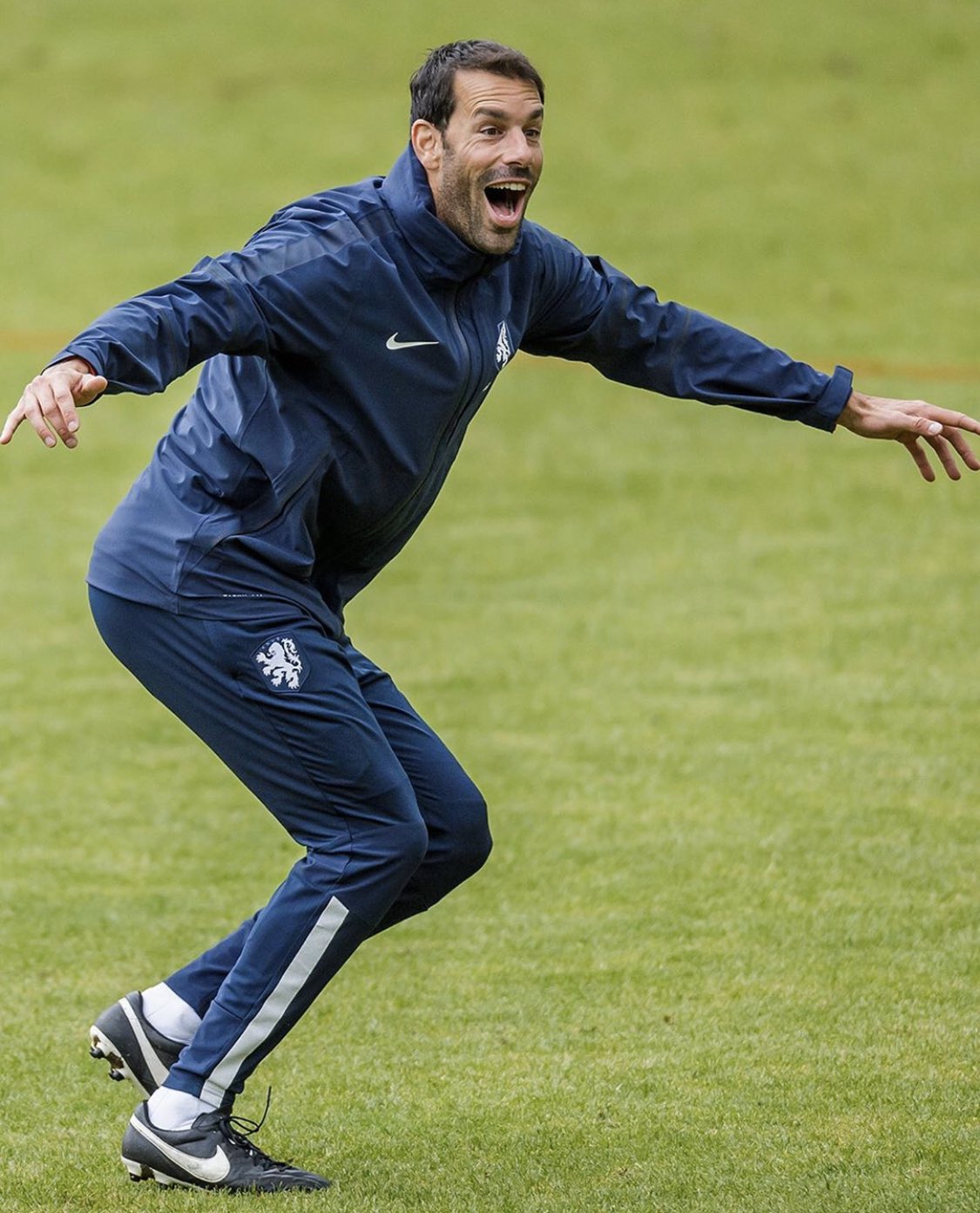For the first time, images and data directly been gathered showing exactly what happens when a shark collides with a boat. In fact, the researchers believe it is the first video of any large marine animal being struck by a boat.
The information could help scientists learn more about the impact of vessel strikes on marine life.
The researchers’ analysis of the video is published in Frontiers of Marine Science.
A female basking shark, about 7 metres long, was struck off the coast of Ireland in April. The researchers are unsure if the shark recovered from the strike.
“The shark was struck while feeding on the surface of the water and it immediately swam to the seafloor into deeper, offshore waters, a stark contrast to its behaviour prior to the strike,” says lead author Taylor Chapple from Oregon State University, US.
“Our findings demonstrate the risk and impact of vessel strikes and the need for measures to reduce this risk.”
The data was collected by an activity measurement device, similar to a Fitbit, and a connected camera. The shark struck the boat only hours after being tagged by researchers.
About 7 hours later, the tag released at its pre-programmed time and was retrieved by researchers.
“This is the first ever direct observation of a ship strike on any marine megafauna that we’re aware of,” Chapple says.
Shark-boat collisions are of increasing concern globally, especially as shark populations continue to struggle or shrink.
Basking sharks are the world’s second-largest fish behind the whale shark. They can grow to 8m and 5 tonnes. Basking sharks are filter feeders which can filter more than 2,000 tonnes of seawater per hour to obtain their favourite food, zooplankton.
Like some baleen whales the species filter feeds at the water’s surface, making them more susceptible to boat strikes. But, unlike whales, basking sharks often sink when they are killed, making it difficult to gauge how often boat strikes are killing basking sharks.
According to the Florida Museum, by 1993 the global population of basking sharks had dropped by 80% since the 1950s due to overfishing. Their ecosystem is also at risk due to the increasing impact of climate change. These factors disproportionately affect basking sharks due to their slow growth, long lives and low birth rates.
Basking sharks are listed as endangered globally on the IUCN Red List.
In Ireland, basking sharks are a protected species since the passing of the country’s 2022 Wildlife Act. This year, the Irish government established the country’s first National Marine Park which covers nearly 300 square kilometres of land and sea off the coast of County Kerry on Ireland’s southwest. The region sees basking sharks migrate seasonally for feeding and potentially mating.
The video of the boat strike shows visible damage to the 7-metre female’s skin including paint marks and a red abrasion, but no apparent bleeding or open wound.
While not always lethal, boat strikes can lead to injuries which can have short- and long-term effects for animals.
“The fact that a shark we fitted our ‘Fitbit’ to was struck in this area within a few hours underlines just how vulnerable these animals are to boats and highlights the need for greater education in how to mitigate against such strikes,” says co-author Nicholas Payne, an assistant professor at Trinity College Dublin.














/https://tf-cmsv2-smithsonianmag-media.s3.amazonaws.com/filer_public/d1/82/d18228f6-d319-4525-bb18-78b829f0791f/mammalevolution_web.jpg)






Discussion about this post